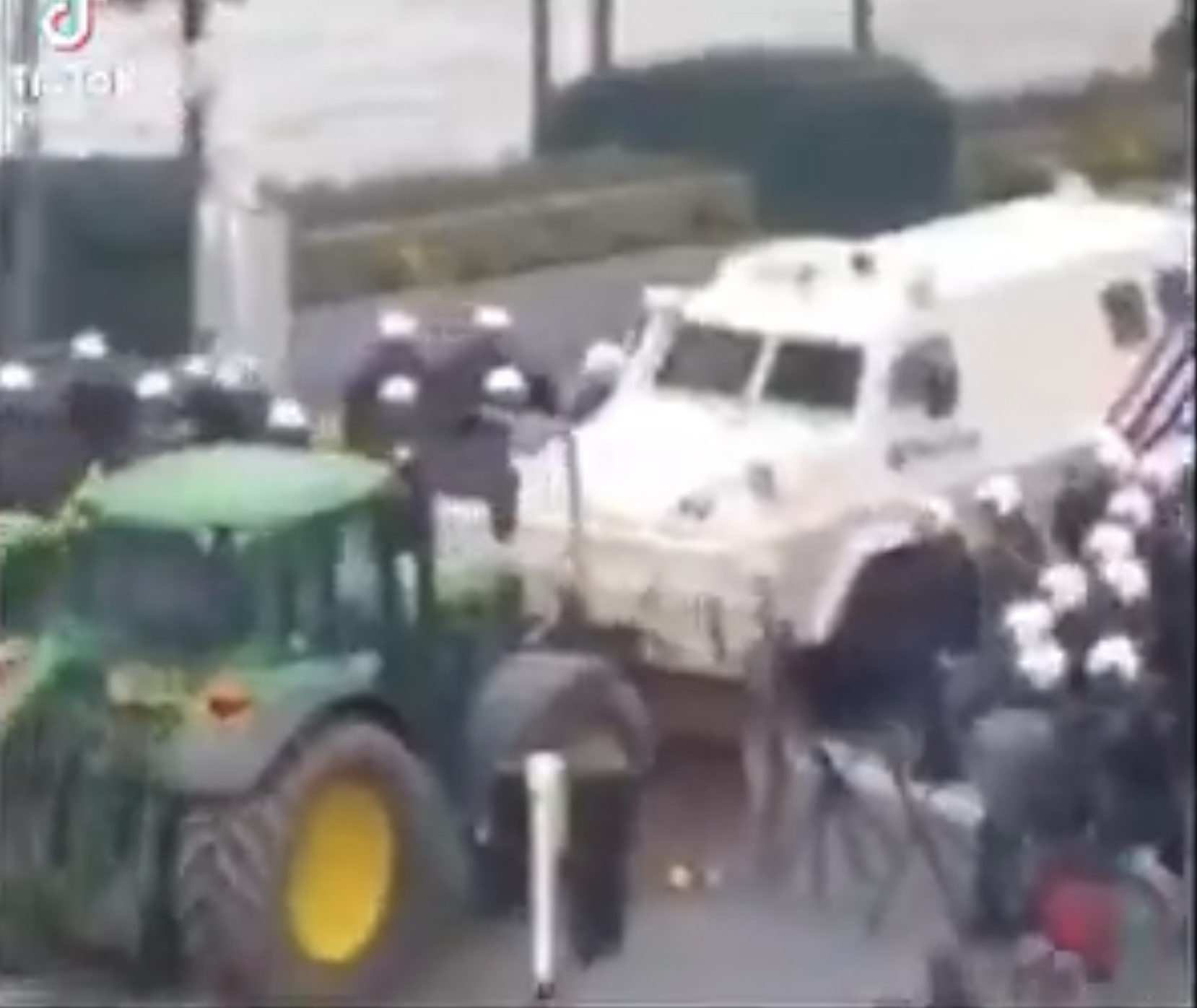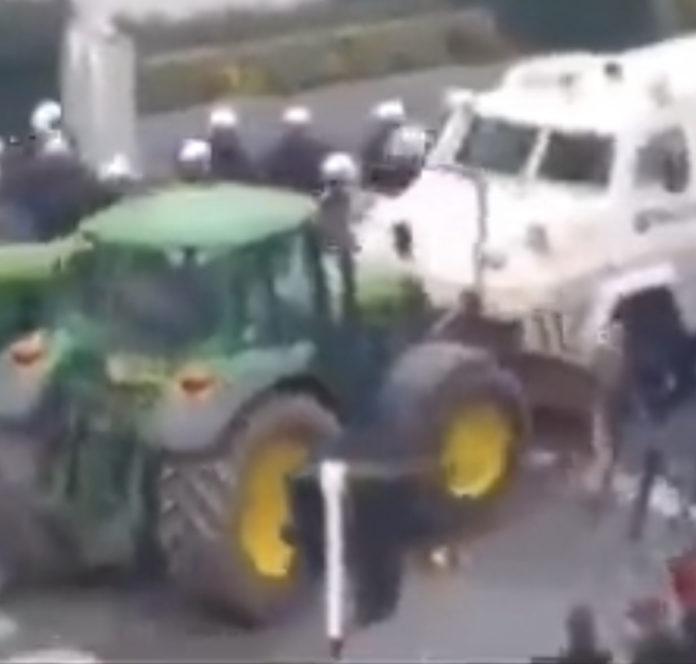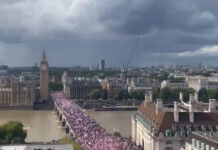
I flew into the Netherlands yesterday morning, my Saudi sojourn having come to an end. I was greeted by the absolutely perfect example of a Dutch summer’s day. I am staying in Leiden at one of my very favorite hotel/restaurants. My flight had eventually departed from Dammam at 4AM, over an hour late, which meant that I had not slept much at all. But I got a second wind and spent the day enjoying the sights of Leiden, catching up with friends, having a cold beer or three and generally just having a good time. In the evening it was dinner with a colleague that went quite late and saw me back to form as regards the consumption of good quality alcohol.
But an early start this morning as I was heading to the far south of the Netherlands for my first Mass in nine months. A good confession, and even better service as the 9th of July in the Dutch Catholic calendar marks the celebration of the martyrs of Gorkum; 19 Dutch Catholic priests that were hanged by militant Dutch Calvinists in 1572. Needless to say, the color of the service was red in honor of the blood of the martyrs.
A number of people have been asking my opinion on what is happening over here regarding the Dutch farmers. I wrote the following early in the week on another blog on the topic:
While the government has been attempting to legislate these crazy EU norms in a fair manner, (on the surface at least), the trouble inside the Netherlands has been coming from the courts.
Green groups bring cases to the courts that challenge government rulings on matters such as nitrogen in this case, (it is not the only issue by a long way). The courts rule on the matter and by doing so overturn government legislation in a unilateral manner. In this case, the Council of State ruled in 2019 that nitrogen emissions need to be cut by 50% by 2030. This goes beyond the EU requirements.
The Green terrorists are manipulating the courts into doing their bidding, and the courts are going along with it. The farmers should be targeting those two groups as opposed to local government offices, (although I would argue that all three groups are connected).
Keep in mind that farmland in the Netherlands is incredibly valuable. In addition to this, cities and towns are not laid out in the manner in which we are familiar with in Australia. Urban settlements stop at a hard barrier, after which immediately there is extensive farmland. For example, between Amsterdam and the airport there are hundreds of farms. Anyone who can get their hands on this farmland will make a fortune.
Since I wrote that it has come to light that the Dutch government has been planning to use much of the land that they wish to confiscate so as to build masses of apartment complexes for all of the pretend refugees. Which would be an example of kickback city that would make 1960s Las Vegas look positively Puritan in comparison.
I know a few Dutch farmers and they are very tough lads indeed. These are guys who don’t muck about at the best of times, but faced with a corrupt Globalist system that wishes to appropriate their land by force, these guys will do whatever it takes.
The comparison with the Canadian truckers protest that some commentators are making is well off the mark. As I wrote about the truckers, their downfall was the fact that they played nice due to them being excessively worried about bad optics. Their lack of strategic objectives was also a great contributor to the failure of their movement.
In contrast, the Dutch farmers movement is not a protest. It is a direct defense against a specific attack on them and their livelihood. They have clear strategic aims: the defense of their farms. They care not one whit for optics, they are prepared to use force if need be. And they are much better organised and they know who they all are. It’s pretty hard for infiltrators to sneak in and join a movement of actual farmers.
The 19 martyrs were all hanged in a turfshed. Today in the Netherlands, there is a fight over a different turf – the physical land which represents the philosophical idea of the Dutch nation. But for a secular nation to resist Globalism, it will need more than just the courage of those who farm the land. It will need to rediscover its sense of the Holy. Otherwise, in a secular world, the crushing weight of Globalism is inevitable.
Originally published at Pushing Rubber downhill. You can purchase Adam’s books here.










